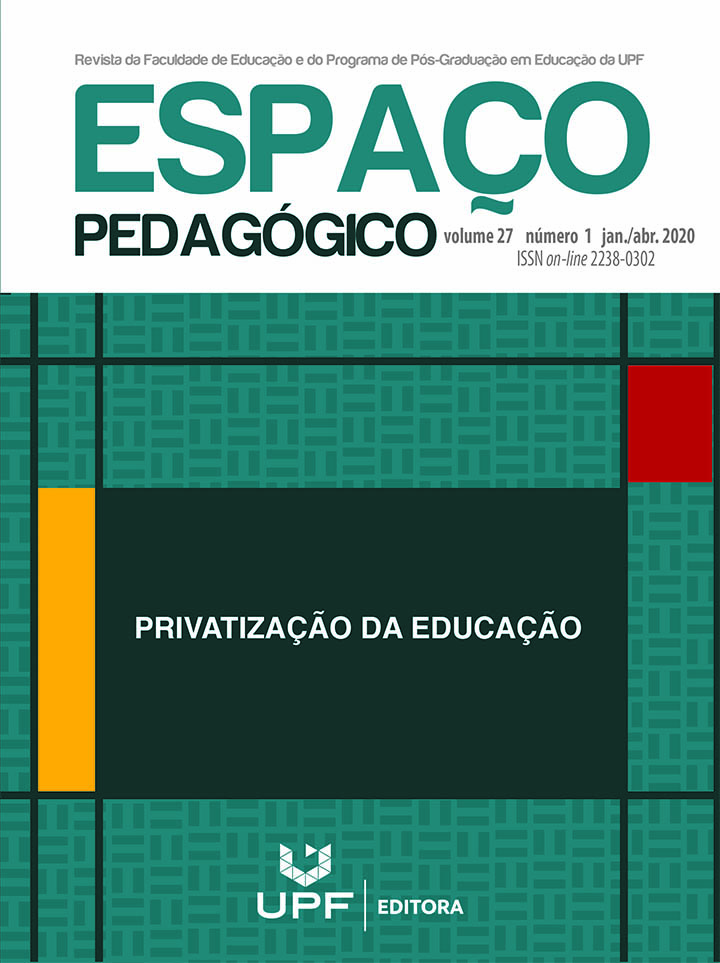Educational policy as business: Budget adjustment, meritocratic discourse and the “davos” of education in Argentina (2015-2019)
DOI:
https://doi.org/10.5335/rep.v27i1.10572Keywords:
Neoliberalism. Educational Policy. Privatization. New Public Management.Abstract
The purpose of this paper is to identify some “indicators of the neoliberal imaginary” (BALL, 2011) in the educational policies implemented in the management of the Cambiemos Alliance, as of December 2015, analyzing the progress in the privatization of education through the redesign of public/private sector relationships through a variety of public and private partnerships (BALL; YOUDELL, 2007; RIZVI; LINGARD, 2013). Within that context, the meritocracy discourse builds a common sense about realities that justify the introduction of New Public Management (NGP) tools in the Cambiemos government policies. Subsequently, the role of new (and not-sonew) “hybrid participants” that are increasingly involved in the elaboration and implementation of educational policies is characterized. On the results of ongoing investigations, cases or situations are taken as references to illustrate the analyzes and then draw up a provisional balance.



